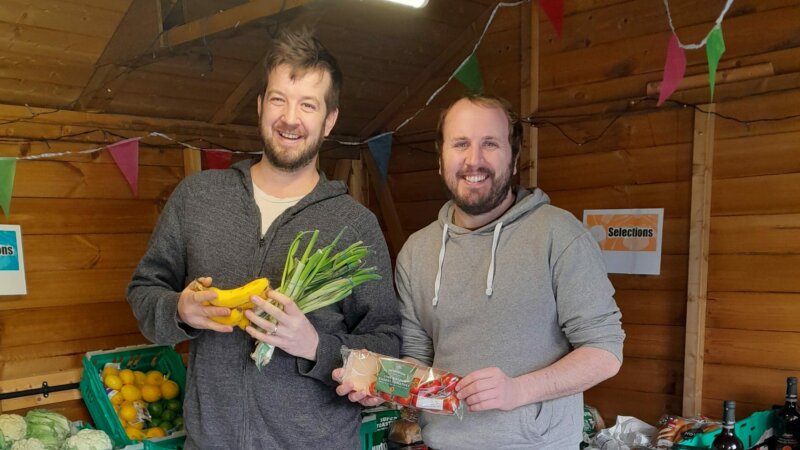Education: A New Approach
The UK’s education system has fallen further behind global rivals and is now ranked 26th in the world league table. Our government is responding with the introduction of more exams, tougher standards and greater “rigour” in the curriculum. But no amount of rigour will correct this trend when our education system is fundamentally broken.
Our education system was, and still is, designed for the industrial age. The purpose of the system was to train people to behave, to comply, to conform so that they were more willing to work in factories, and do as they were told, twelve hours a day, six days a week. We designed a standardised system which was all about interchangeable people, because factories are based on interchangeable parts. But we are no longer in the industrial age. One size no longer fits all.
We have never lived through a time where young people are so disenfranchised. Currently one in four young people cannot find work and a greater number than ever report feeling powerless to influence change. Increasing numbers of employers report that young people, even those with excellent grades, are not ready for the world of work. We have a responsibility to better prepare young people for life after school, to ensure that they are able to seize, and even create, opportunities, rather than simply conform.
We therefore need to redefine the purpose of education for the 21st century and the technological age we now live in. Education should help young people develop the competencies which are needed to fulfil their potential and thrive in life after school. These include focus, preparedness, conviction, perseverance, creativity, curiosity, resilience, risk taking, independence and, most importantly, a sense of purpose. Our aim as educators should therefore be to create learning environments rich in context, value and purpose, where young people passionately learn for the now, not begrudgingly for future exams.
There is no longer any point in making the remembering of information the purpose of education. We have more information at our fingertips than our predecessors could access in their lifetime. We have more opportunity and ability to communicate than many of us would have believed to be possible even ten years ago. Yet our children, our future generation and those who will carry our legacy, are still being taught content in parrot fashion, graduating as experts in something but ultimately prepared for almost nothing.
If you want to teach someone to become passionate about a topic, why would you give them a textbook? If you wanted to teach someone to love music, would you start by having someone learn the history of music, who Mozart was, how many beats in a quaver, and the influence of blues on modern music? Would you say, ‘There’s a test tomorrow and I want you to have memorised all this information’? Would you rank the people based on the results, so that those who do well get to memorise more information?
Here’s the key distinction: if it’s work, people try to figure out how to do less. If it’s art or play, people try to figure out how to do more.
Like the best education systems in the world, we should be progressing towards a competency, not content, based education system which focuses on applied learning, not learning by rote. We should be individualising learning and engaging young people's passions, curiosity and creativity. We should be aiming to develop independent, critical thinkers who are able to go out into the world and solve the key problems facing our society. We should be helping young people flourish by creating a culture where diversity in aptitude is celebrated, not scorned.
We need to utilise advances in technology to develop more intelligent forms of assessment to measure the true value a young person can offer society. We need to evolve the role of a teacher, from the expert at the front of the room to a coach who facilitates self-orientated learning environments. We also need to attach a higher status to the teaching profession including greater support, professional development and, yes, pay. Ultimately, we need to recognise that education is not a cost, but an investment. This is an issue on which all political parties should be united, but unfortunately ideological interests too often cloud better judgement.
It is for this reason that my business, Big Green Fox, is developing a series of educational games to help facilitate this transition. Our latest resource, Work It Out, is a virtual world in which young people explore all of the places where work happens and undertake interactive challenges which mimic those faced by professionals in the world of work. For example, they may use their knowledge of algebra to help a civil engineer construct a bridge, or their creative skills to help an architect in designing a new skyscraper. We hope that through the gamification of education we can help make young people more passionate about learning, help them understand the purpose of school and develop the knowledge, skills and experience to fulfil their potential.
We don't need more rigour. We need a learning revolution. And we hope to help start it.
biggreenfox.com )







